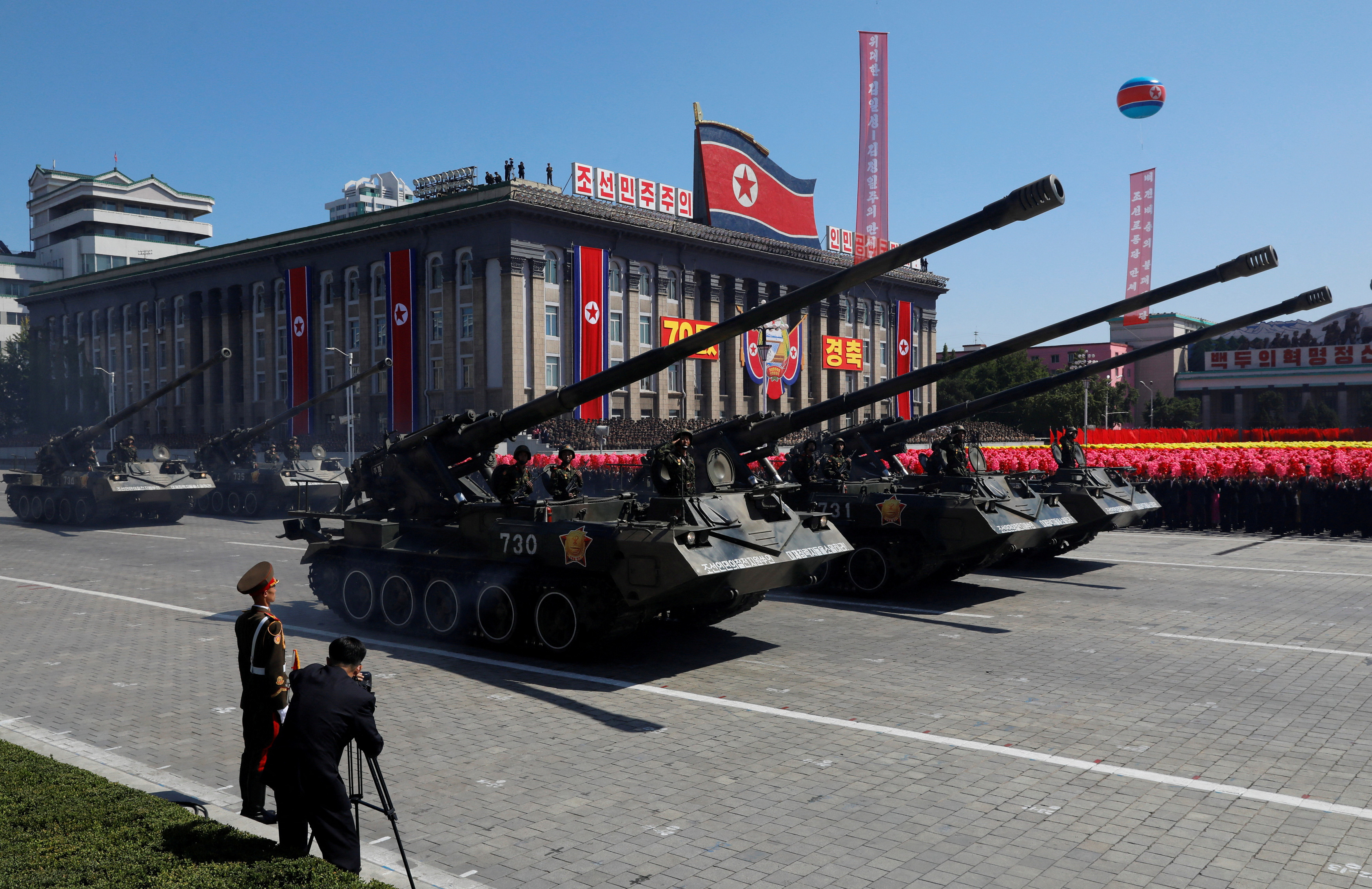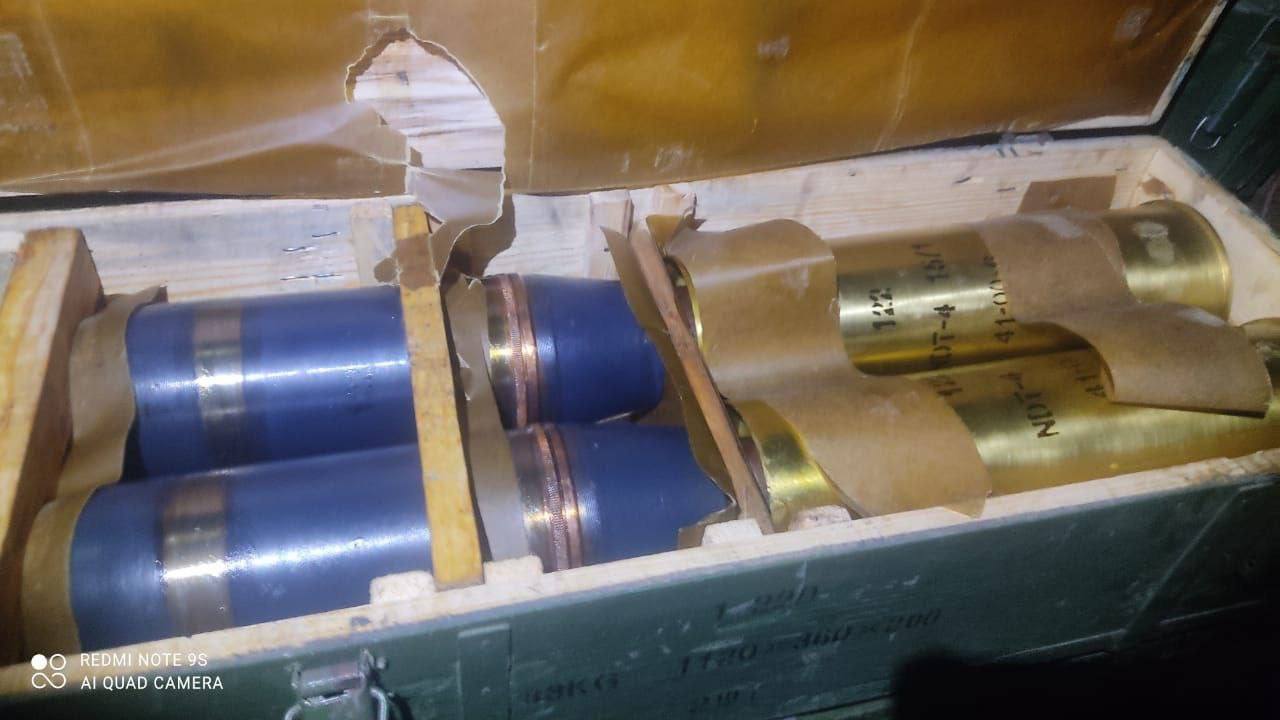The DPRK could transfer up to 9.4 million artillery shells to Russia, as it has about 200 ammunition plants

North Korea has handed over 20,000 containers of ammunition to Russia, which could theoretically contain up to 9.4 million 152-mm shells.
Here's What We Know
Against the backdrop of large-scale supplies of ammunition to Russia, the DPRK still maintains a stockpile of weapons and shells, which is estimated to be enough for a period of 1 to 3 months of active hostilities against South Korea. This was reported by the South Korean Yonhap news agency.
A representative of the ruling South Korean People's Power Party, Kang Dae-sik, citing data from the South Korean Ministry of Defence, said that the current supply of ammunition to Russia has so far had a limited impact on the DPRK's arsenals. At the same time, he noted that Moscow's additional requests for ammunition could "complicate the North Korean regime's preparations" for full-scale hostilities against South Korea.
In addition, South Korea acknowledges that it currently has limited data on North Korea's munitions and weapons production capabilities, as a significant portion of the approximately 200 munitions factories are located underground. This, in turn, increases the survivability and secrecy of the North Korean military-industrial complex.

However, it is believed that North Korean factories for the production of shells for the needs of the Russian Federation are working "at full capacity", although without specifying details.
In addition, as emphasised by Defense Express, the above data is important not only for assessing the amount of ammunition that Russia could have received from the DPRK, but also because even South Korea, which is a direct opponent of the North Korean regime, is currently facing the impossibility of objectively assessing its weapons production potential.
Source: Yonhap